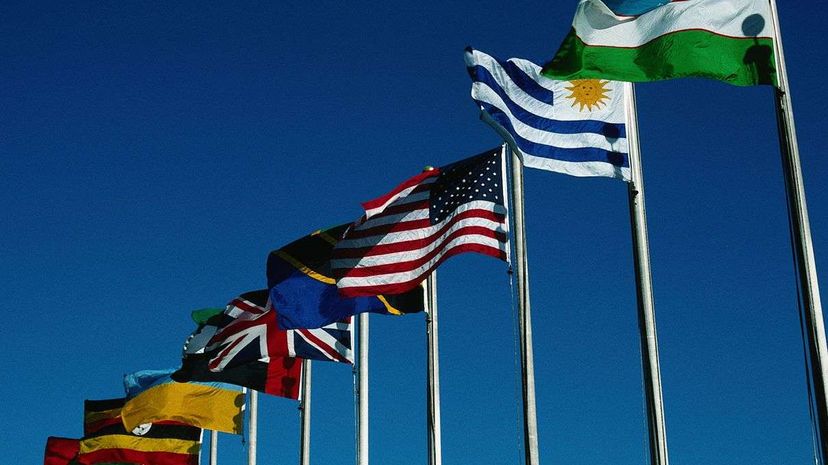
Diplomats have gotten away with everything, from human trafficking to causing cholera outbreaks, in the name of diplomatic immunity — or being exempt from the laws of other countries. For example, in New York City, the unpaid parking tickets of people with diplomatic immunity totaled $16.7 million — and that was only in 2011.
And those parking tickets have been piling up for a while. As host Josh Clark explains in the video above, diplomatic immunity is nearly as old as civilization itself. In 2,000 B.C.E., for example, Babylonian King Hammurabi was faulted for not ensuring safe transport through his kingdom. Turns out, a couple of emissaries were poorly treated after delivering bad news to the king, and he took some heat for not upholding diplomatic customs, specifically a concept called "personal inviolability."
Advertisement
Personal inviolability means that diplomats or people on diplomatic missions should not be injured, detained or killed when on official business. In other words, "don't kill the messenger."
In fact, diplomatic immunity has become so ingrained in international relations that even when some parties fail to uphold its tenets, others will step in and decide not to retaliate. For example, King of Persia Darius I decided not to kill a couple of Spartan emissaries despite Spartan leaders kicking Darius' emissaries into a bottomless pit.
Another tenet of diplomatic immunity is extraterritoriality. This concept contends that the sovereign soil of a nation extends into a host nation and makes a visiting nation's embassy immune to local laws. This diplomatic immunity includes not only the embassy, but also diplomatic vehicles, houses and offices.
This may seem like a sweet deal, at least for the diplomats, but under the United Nations' 1961 Vienna Convention on Diplomatic Immunity, someone with diplomatic immunity can be arrested in a host country. But, the diplomat probably won't be charged with a crime because that person is still operating under the laws of the original country.
In theory, if a diplomat broke the law of his or her original country, the person should be extradited back to that country. However, this usually happens only when heinous crimes have been committed.
Diplomats don't always get away scot-free, though. Their home country can waive diplomatic immunity so a host country can prosecute them. If things get really dicey with a diplomat, a host country can declare that person "persona non grata." This means the person is not welcome in the host country and should skedaddle home immediately.
For many people, diplomacy is a proud and honored tradition. However, it is under increasing scrutiny, and the idea of turning into "functional immunity" has been bandied about. This less extreme form of protection would still prevent diplomats from being harassed while working in a host country, but wouldn't have as much potential for abuse of power.
Advertisement

